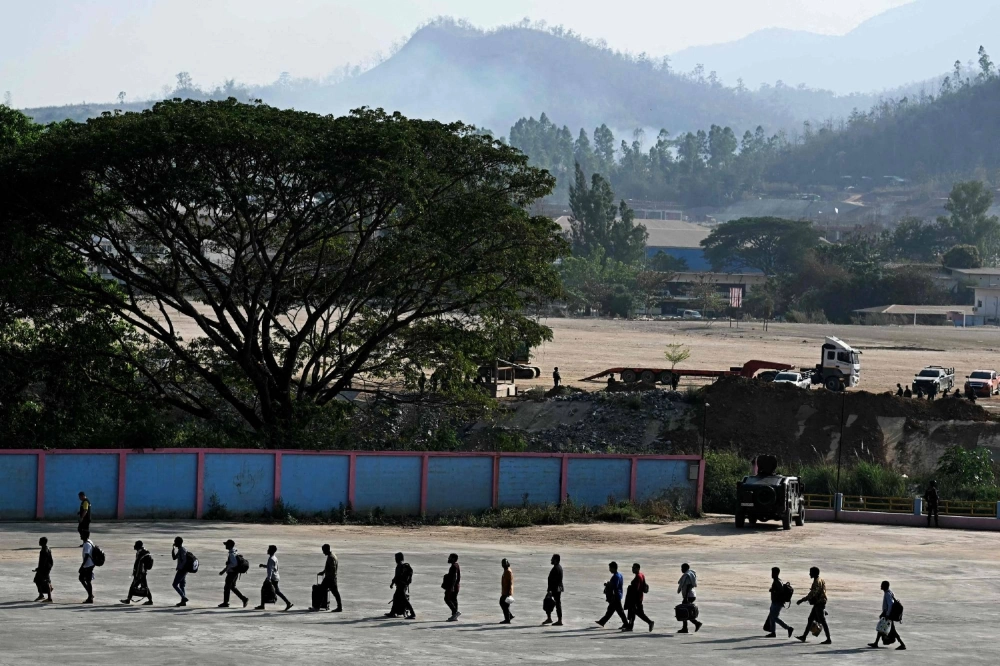They said they had smashed them. But fraud factories in Myanmar blamed for scamming Chinese and American victims out of billions of dollars are still in business and bigger than ever, an AFP investigation can reveal.
Satellite images and drone footage show frenetic building work in the heavily guarded compounds around Myawaddy on the Thailand-Myanmar border, which appear to be using Elon Musk's Starlink satellite internet service on a huge scale.
Experts say most of the centers, notorious for their romance scams and "pig butchering" investment cons, are run by Chinese-led crime syndicates working with Myanmar militias in the lawless badlands of the Golden Triangle.


















With your current subscription plan you can comment on stories. However, before writing your first comment, please create a display name in the Profile section of your subscriber account page.